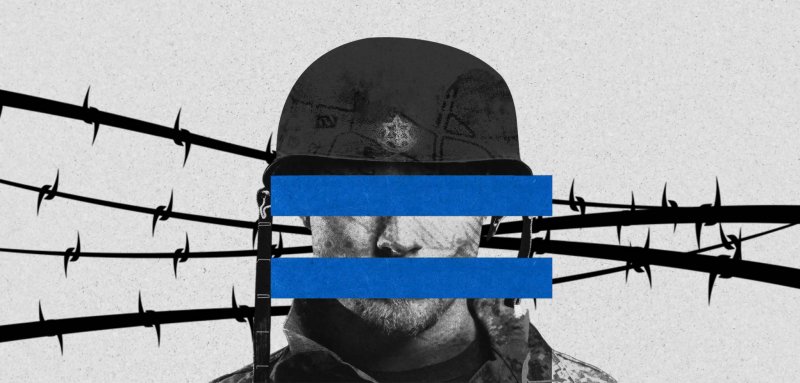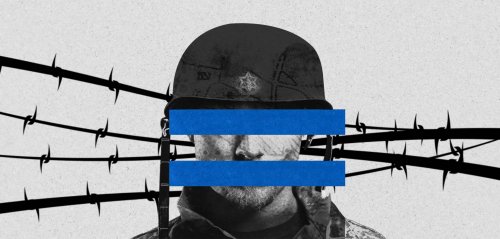A documentary film, by definition, is a filmmaker's attempt to research and investigate a particular issue—whether political, historical, or humanitarian—with the condition that it is presented with neutrality. However, when it comes to the Israeli director Alon Schwarz's documentary, Tantura, it is near impossible to treat the film with complete neutrality or assume that Schwarz is an impartial filmmaker exploring a topic related to his own people and a cause.
Upon closer examination of Schwarz’s statements in published interviews, he openly declares he is a Zionist—“at my core.”
“Some people believe otherwise, but they are mistaken. With my film, I am not saying return the Arabs to Tantura and expel the Jews, but there was a kind of cleansing that we must achieve."
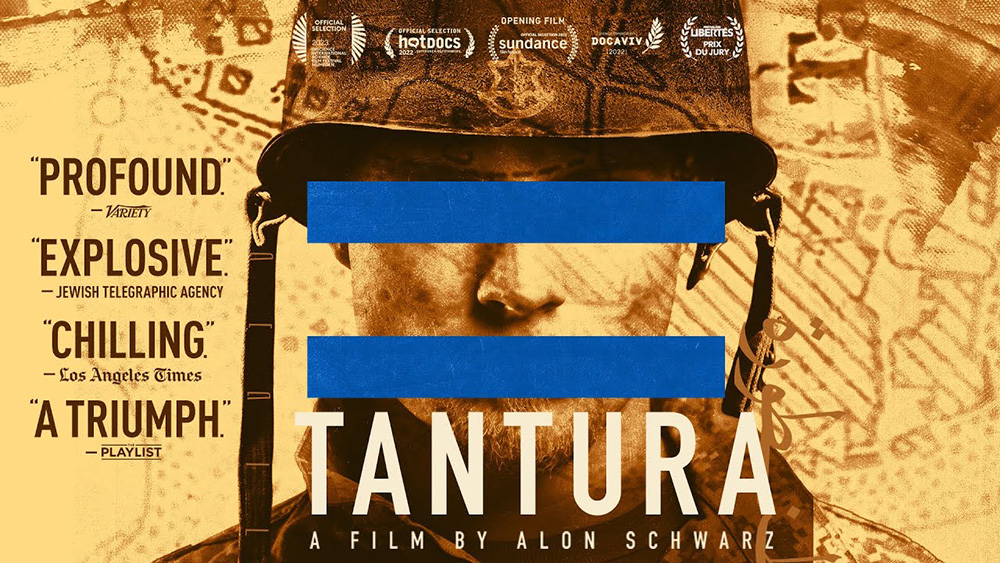 Tantura film poster
Tantura film poster
Tantura film poster
This clarifies the film's objective and the motivation behind tackling this specific cause—framing it in terms of "cleansing," or redemption. Acknowledging one’s affiliation to Zionism is one thing, but that does not negate efforts to justify or rationalize behavior—redemption akin to Aristotle’s notion of tragedy in drama, where he highlights the nobility of the protagonist, who then experiences a tragic downfall, punished within the course of events to evoke a sense of forgiveness in the audience. At times, this redemption arc may even stir sympathy for the hero, as he embodies bravery and valor. However, his story is never entirely flawless—otherwise, he would not be a hero, but a myth. True heroism necessitates some flaws to endure; it requires imperfection. This idea is reinforced in Schwarz’s own words: "We cannot be a beacon if we hide our skeletons in the closet, and the Nakba is our biggest skeleton."
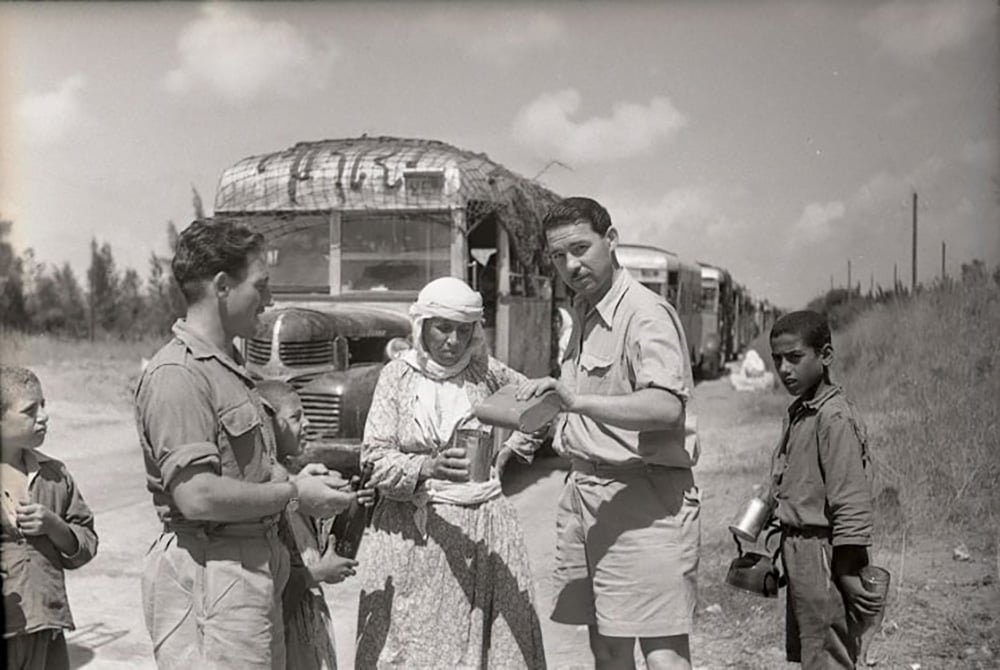 A scene from the film Tantura
A scene from the film Tantura
A scene from the film Tantura
Schwarz does not deny or disown his Zionist identity, nor does he shy away from praising and acknowledging that he views Israel as a “beacon” and “great and noble” nation. However, he recognizes that it once did wrong, and it would be greatly courageous for it to acknowledge this mistake in order to remain noble and proud—much like the myth of Oedipus, who gouged out his own eyes upon discovering his tragic fate and ‘downfall’ yet remained an enduring legend, immortalized in drama and the history of theater.
Released in 2022, Tantura examines the history of the Palestinian village of the same name, which was located on the Mediterranean coast near Haifa. Its population was estimated to be around 1,500 people in 1945.
"A nation that does not remember or respect its past has a fragile present and a future shrouded in uncertainty," opens the film with a quote from the Israeli politician and former Israeli Acting Prime Minister Yigal Allon. It then moves into a series of interviews with veterans of the Alexandroni Brigade, a unit of the Israeli Defense Forces. Through these testimonies, the film presents conflicting accounts: some individuals openly admit to the massacres committed in Tantura and against its people, others justify their actions as a right and a duty, while some situate themselves somewhere in between—admitting the wrongdoing yet still asserting their right to occupy and kill.
At the heart of the film is an interview with Israeli researcher Teddy Katz, who, in 1998, wrote a master's thesis for the Department of Middle Eastern History at the University of Haifa titled The Exodus of the Arabs from the Villages at the Foot of Mount Carmel. In his research, Katz documented the atrocities committed by Israeli soldiers in May 1948 in Tantura, using oral history as his primary method. The film features close-up shots of the many tapes Katz recorded with Israeli soldiers from the Haganah forces, as well as testimonies from Palestinian survivors.
A suppressed message
Katz's struggle as a prominent figure in monitoring the history of this village lies in the fact that he was an Israeli who initially sought to document the truth. However, he faced severe backlash from the very soldiers he recorded in his thesis, who accused him of falsifying historical facts. This pressure escalated to the point where Katz was forced to issue an apology, leading Haifa University to revoke his thesis, despite having previously awarded it an "excellent" distinction. The ordeal also took a severe toll on his mental and physical health.
Katz’s story became the starting point and primary motivation for Schwarz to revisit the events of Tantura and what transpired there long ago. It is a story of the erasure of a research effort—an erasure that also meant that verified historical facts risked being buried along with it, making it an undeniably compelling subject for a film. The film not only follows in Katz’s footsteps but through filmed interviews, aiming not only to push for recognition of past wrongs and salvage Israel’s moral standing but also to restore the credibility of a researcher who, in hindsight, expressed deep regret over his forced apology, which ultimately invalidated his years of research.
The film continues its exploration beyond the conflicting testimonies of the Alexandroni Brigade veterans. It also includes interviews with Palestinian witnesses—many in their nineties—who personally saw the massacres take place. Additionally, Schwarz features professors from Haifa University, both supporters and opponents of his findings.
The film continues its exploration beyond the conflicting testimonies of Alexandroni Brigade veterans. It also includes interviews with Palestinian witnesses—many in their nineties—who personally saw the massacres take place. Additionally, Schwarz features professors from Haifa University, both supporters and opponents of his findings.
All of this leads to a deeper understanding of Schwarz’s statement: "The Nakba is our biggest skeleton." The Nakba, as Palestinians define it, is the catastrophe of their displacement, while Israelis refer to the same events as a war of independence. Schwarz acknowledges it as a catastrophe but also sees it as an event that shaped a strong foundation, one built, however, on literal "skeletons” buried beneath the ground—the remains of victims who once owned the very land that became part of another structure that Schwarz deems "great." However, he does not deny the existence of these skeletons or the victims’ deaths. This is the conclusion the film reaches, as it embarks on a renewed attempt to locate the mass grave that holds the bones of those who were once the rightful owners of the land.
Audio and visual evidence
In his study “The Tantura Massacre Within the Historical Context of the Judaization of Palestine,” published in issue 43 of the Journal of Palestinian Studies, Elias Shoufani notes that the widely circulated Israeli narrative of the events at Tantura is entirely devoid of any condemnation. Instead, it has been subjected to strict editorial revisions by a group of Zionist historians with the aim of portraying the purity of Jewish arms.
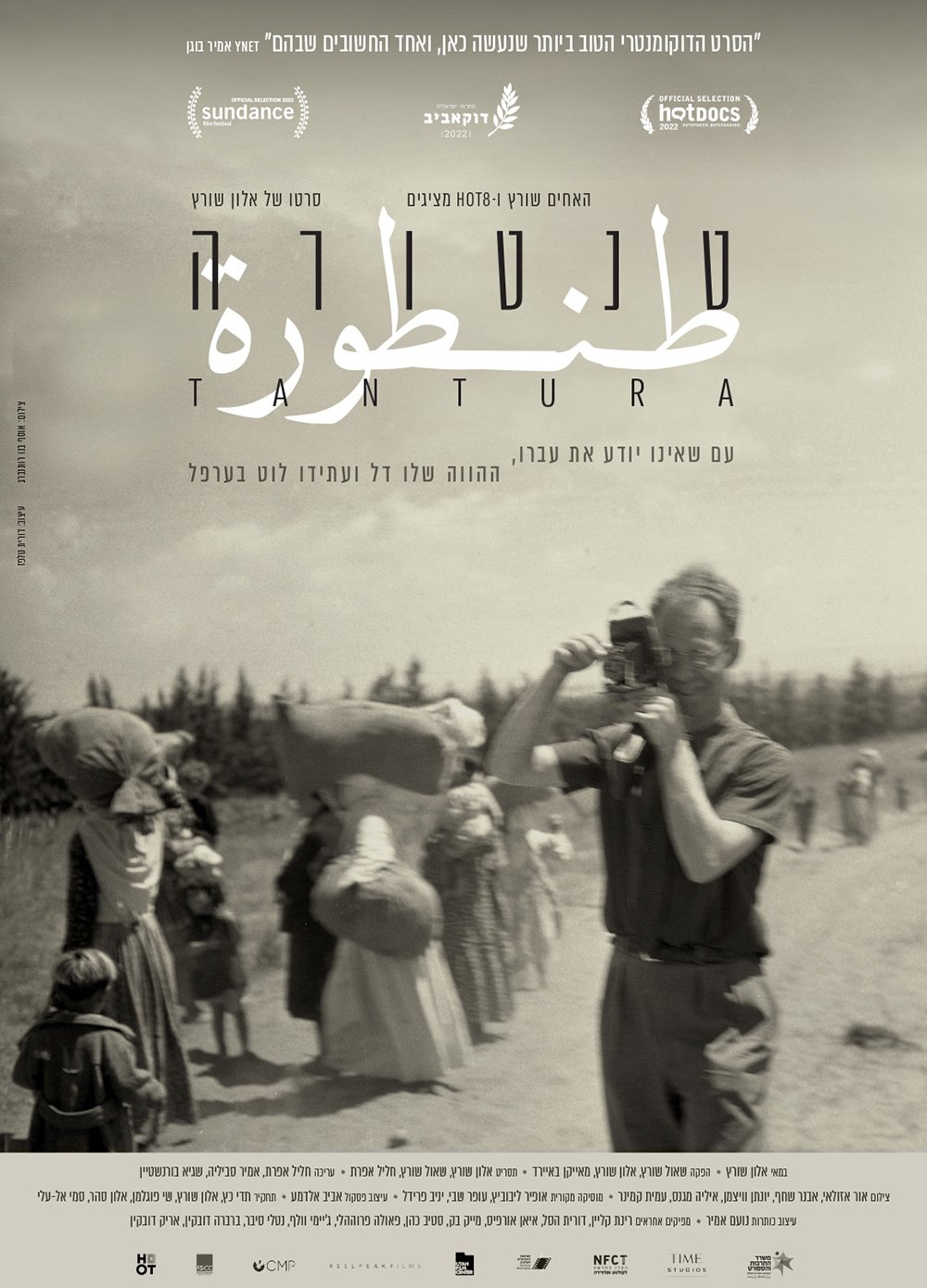 Tantura film poster
Tantura film poster
Tantura film poster
However, the researcher argues that this narrative is riddled with gaps and inconsistencies that cannot withstand any logical criticism or scrutiny. He examines various Israeli studies that have attempted to investigate what happened at Tantura, describing them as offering only “timid criticism.” According to Shoufani, Teddy Katz was the only researcher who fully exposed the falsehood of the Israeli account. As a result, he faced severe backlash for his revelations, especially since Katz firmly asserted that a thriving Palestinian village was completely wiped out by the Zionists. He backed his claims with audio-recorded confessions from the perpetrators themselves—men who, now in the twilight of their lives, appeared in the documentary.
One of them shares that he “never confessed to [his] wife what [he] had done.”
“Why would I define myself as a murderer?”
Another recalls emptying out an “entire magazine of bullets into a group of people, completely at random.” A third insists that “it was [his] legitimate right to do so because such methods are justified in war.”
Some of them even recount their rape of a Palestinian girl they say couldn’t have been older than 16 years old. Even those attempting to defend or justify their actions do not outright deny the massacres, in addition to the presence of Katz himself, whose message was erased—just as Tantura itself was erased from existence.
According to Shoufani, Teddy Katz was the only researcher who fully exposed the falsehood of the Israeli account. As a result, he faced severe backlash for his revelations, especially since Katz firmly asserted that a thriving Palestinian village was completely wiped out by the Zionists. He backed his claims with audio-recorded confessions from the perpetrators themselves
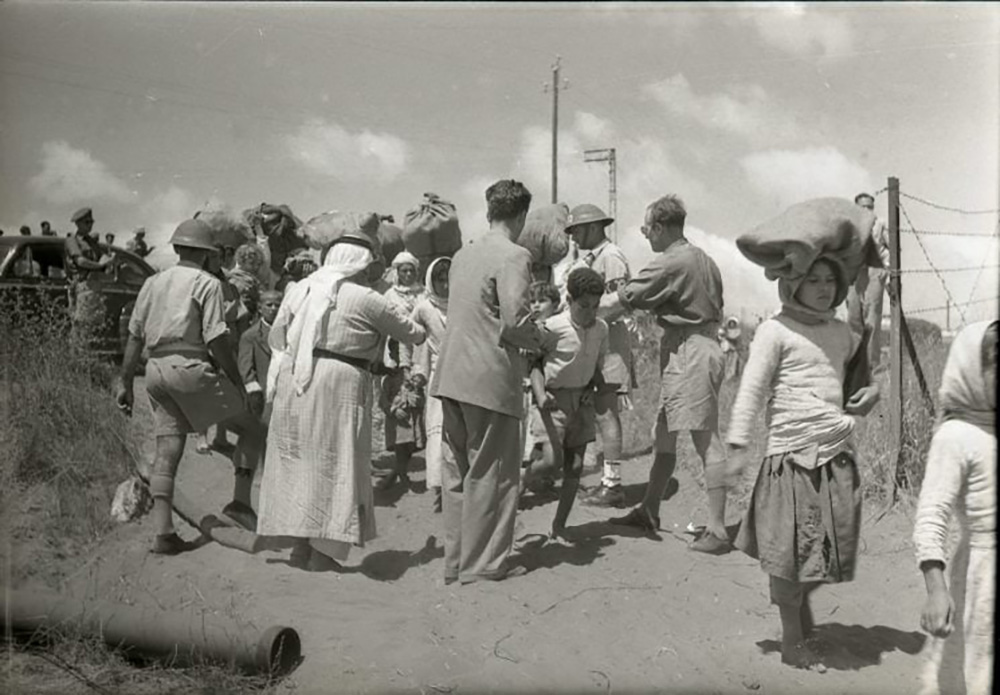 A scene from the film Tantura
A scene from the film Tantura
A still from the film Tantura
A film that provoked a storm
It is gratifying, regardless of the director’s ultimate intent—whether his goal was documentation or, as he previously stated, a sort of “cleansing” and purification—that the film has triggered a fierce Israeli backlash, reminiscent of the controversy surrounding Katz’s thesis. In contrast, it was warmly received in Ramallah, where it was screened in the presence of Palestinian President Mahmoud Abbas, along with Palestinian officials and ambassadors from various countries. The film received high praise from Abbas and was widely acknowledged as a powerful confirmation of the long-denied Palestinian narrative.
Yet, the film’s impact does not stem from interpretation or speculation. Its power lies in the direct testimonies of the perpetrators themselves—testimonies that starkly contrast the official Israeli denials. After all, it was they themselves who appeared in the film with their own confessions, alongside archival footage that reflects extensive research and a carefully chosen cinematic approach. Whether the film's purpose was redemption or the restoration of a silenced scholar’s reputation, its true significance lies in the fact that it comes from voices that had long denied and distorted the story—voices that established their fragile entity and national narrative upon the skeletons and corpses of those who rightfully own the land.
Raseef22 is a not for profit entity. Our focus is on quality journalism. Every contribution to the NasRaseef membership goes directly towards journalism production. We stand independent, not accepting corporate sponsorships, sponsored content or political funding.
Support our mission to keep Raseef22 available to all readers by clicking here!
Interested in writing with us? Check our pitch process here!
